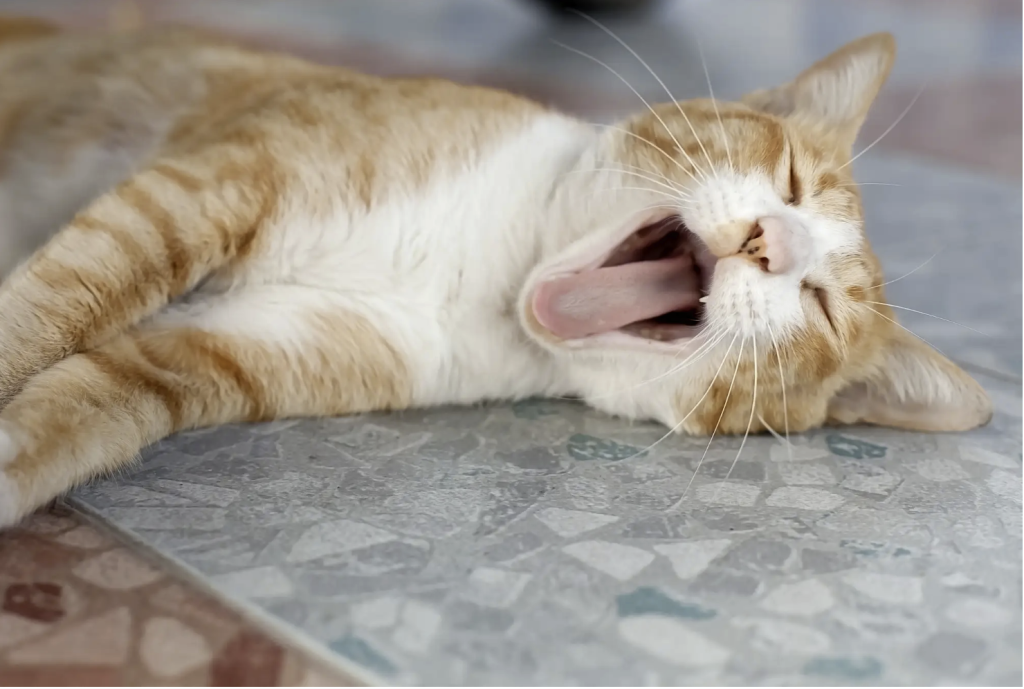There are several things you should never do to your cat, as they can be harmful or distressing to your feline friend. Here are some important things to avoid:
- Physical punishment: Never hit, slap, or physically punish your cat. Not only is it cruel and ineffective, but it can also damage your relationship with your cat and lead to fear and aggression.
- Forceful restraint: Avoid forcefully restraining your cat, especially if they are resisting or struggling. This can cause your cat to feel scared or stressed and may lead to injury for both you and your cat.
- Declawing: Declawing is a painful and unnecessary procedure that involves the amputation of the last bone of each toe. It can cause long-term physical and behavioral problems for your cat and should never be done except in rare medical circumstances.
- Overfeeding: Overfeeding your cat can lead to obesity and related health problems such as diabetes, arthritis, and heart disease. Follow feeding guidelines provided by your veterinarian and monitor your cat’s weight regularly.
- Ignoring veterinary care: Regular veterinary check-ups are essential for your cat’s health and well-being. Neglecting veterinary care can lead to undiagnosed health issues and preventable illnesses.
- Feeding inappropriate foods: Certain human foods, such as chocolate, onions, garlic, and grapes, can be toxic to cats. Additionally, feeding your cat a diet that is not nutritionally balanced for their specific needs can lead to nutritional deficiencies and health problems.
- Leaving toxic substances accessible: Keep household chemicals, medications, and other toxic substances out of reach of your cat. Many common household items can be poisonous to cats if ingested.
- Neglecting litter box maintenance: Cats are naturally clean animals and require a clean litter box for proper elimination. Neglecting litter box maintenance can lead to stress, urinary tract issues, and inappropriate elimination behaviors.
- Not providing mental stimulation: Cats need mental stimulation to prevent boredom and behavioral problems. Provide toys, scratching posts, and interactive playtime to keep your cat engaged and mentally stimulated.
- Exposing your cat to danger: Keep your cat indoors or supervised when outdoors to protect them from dangers such as traffic, predators, and environmental hazards. Additionally, ensure your home is safe and secure to prevent accidents and injuries.
By avoiding these harmful actions and providing your cat with love, care, and respect, you can help ensure a happy and healthy life for your feline companion.






